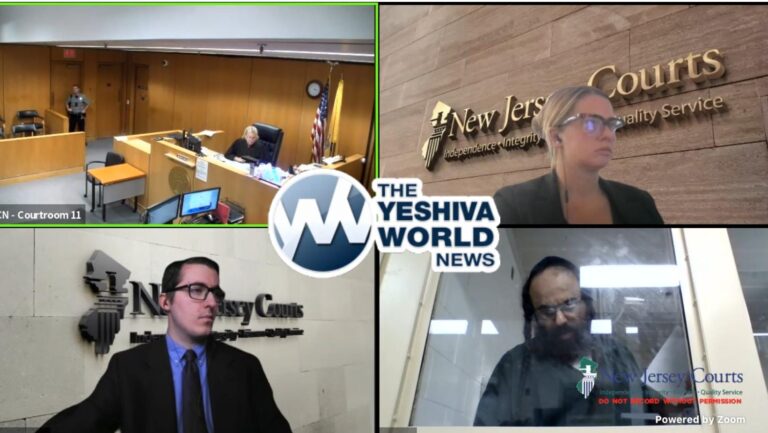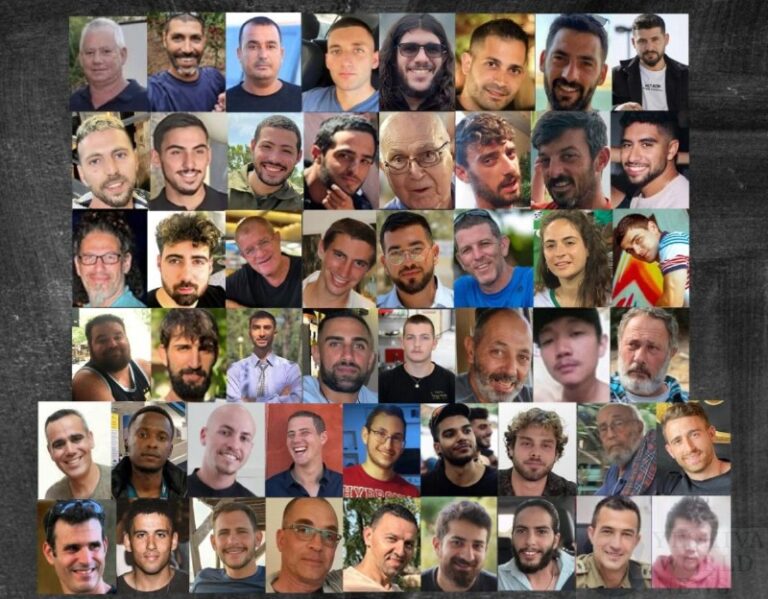 Steven Sugar, a commercial solicitor, is heading for the High Court in a legal battle to force the BBC to release the details of an internal report on its Middle East coverage, which he suspects will prove a bias against the Jewish state as well as pro-Palestinian tendencies.
Steven Sugar, a commercial solicitor, is heading for the High Court in a legal battle to force the BBC to release the details of an internal report on its Middle East coverage, which he suspects will prove a bias against the Jewish state as well as pro-Palestinian tendencies.
The court case comes after a protracted and increasingly heated legal battle between Sugar and one of the world’s most famous broadcasters.
Sugar has spent months using Britain’s Freedom of Information laws, designed to encourage openness, to force the BBC to release details of its internal 20,000-word Balen Report, which investigated the levels of balance in the BBC’s Israel reporting.
The BBC refused to do so.
Sugar, from Putney, south-west London, who was in court to hear the verdict, was given permission to make his own submissions in person.
He said after Tuesday’s preliminary hearing: “A very large proportion of the Jewish community felt rightly or wrongly that the BBC’s reporting of the second Palestinian intifada or uprising that broke out in 2000 was seriously distorted.
“I myself, as a member of the Jewish community, felt that and was very distressed by it.
“I am even more distressed that the BBC failed, until it commissioned the Balen Report, to respond substantively to the criticism.
“Now I don’t know whether it is important to see this report or not. Instinct says that if they don’t want to give it to me it may be important.
“The BBC is a public body and I believe I have a right to know what the report contains.”
The report he wants to see was compiled by Malcolm Balen, a senior editorial adviser, in 2004. It examines hundreds of hours of BBC radio and television broadcasts.
Along with Channel 4, Britain’s other public service broadcaster, the BBC is allowed to hold back material under the UK’s unique Freedom of Information laws that deals with the production of its art, entertainment and journalism.
On this basis, the corporation has rejected more than 400 Freedom of Information requests.
Mr Sugar’s central argument was that the Balen report was not held by the BBC for the purposes of journalism “because it’s a report about journalism itself”, and therefore he was entitled to apply to see it under the Freedom of Information Act.
The Information Tribunal agreed with him.
A final legal win for Mr Sugar could mean the corporation having to release thousands of pages of other documents that have been held back.











7 Responses
i don’t need the courts to tell me that the BBC is anti semitic, it old news, in fact from all the media groups, there one of the worst
Cnn is just as bad! But a law suit in Europe against abroadcasting company is an uphill battle. I wish him lots of luck
of course they are, that’s not the point.
the point here is that it would be nice to see what the balen report has to say, does it indeed acknowledge that they were overtly anti semitic in the their reporting or does it continue to deny this fact.
Kudos to Mr Sugar for his persistance! Don’t we all want BBC to have to finally admit their wrongdoing.
If reports like that can be forced to be made public, agencies won’t do inquiries to begin with for fear that they’ll have to make them public. If they have an internal document that admits wrongdoing, let them keep it private so they’ll feel safe in conducting such inquiries and changing their practices rather than feeling like if they give an inch, they’ll be sued and chastised.
If they can keep them private, what forces them to change their practices?
you guys don’t know what your talking about……….
massively intelligent comment shmaser!
what’s the point that we’re all missing? You have me curious..!